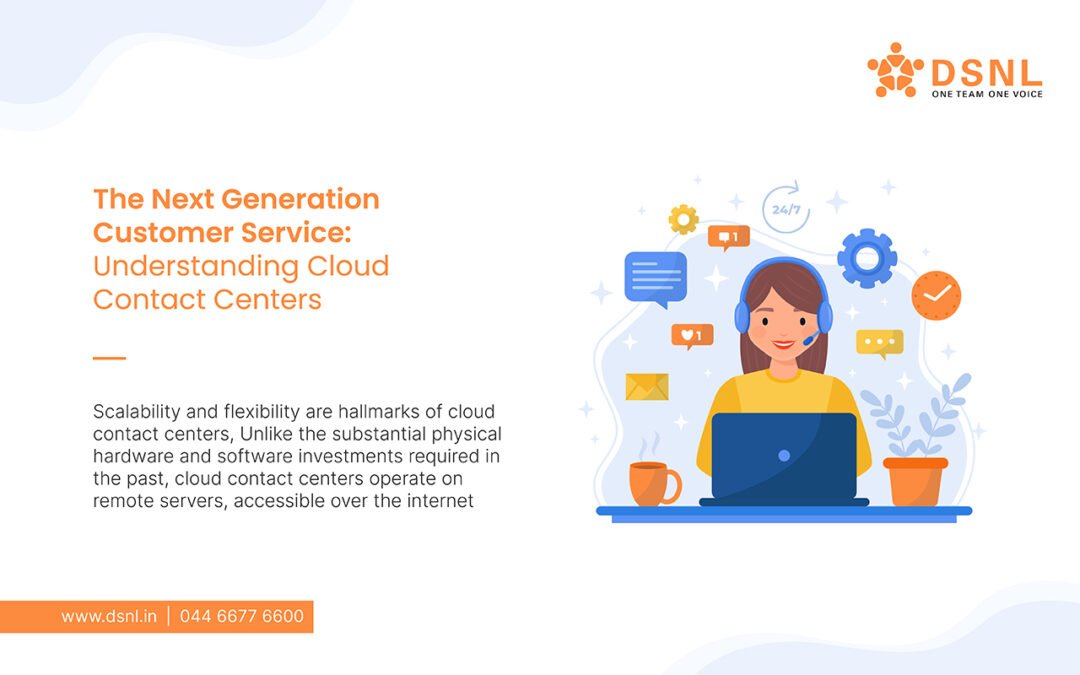Navigating the dynamic landscape of customer service, businesses worldwide recognize the shifting paradigm brought about by Cloud Contact Centers. These are the next-generation solution for managing customer communications across various channels, offering unprecedented flexibility, scalability, and intelligence in customer service operations.
Traditional contact centers, often limited by their infrastructure and capabilities, are giving way to cloud-based solutions. Unlike the substantial physical hardware and software investments required in the past, cloud contact centers operate on remote servers, accessible over the internet. This pivotal change means businesses can now deploy advanced contact center functionalities quickly, without the prohibitive costs of traditional setups.
Scalability and flexibility are hallmarks of cloud contact centers. Seasonal businesses or those with fluctuating customer service demands can readily scale their operations up or down. This level of agility ensures that companies pay for only what they use while being adequately prepared for spikes in customer contact volumes, particularly during peak periods.
One transformative advantage is the seamless integration of multiple communication channels. Today’s customers reach out through voice calls, emails, text messages, social media, and more. Cloud contact centers aggregate these channels, providing a unified communication platform. Agents can manage interactions from various mediums efficiently, ensuring a consistent and holistic service experience. This omnichannel approach not only improves response times but also enhances the quality of customer interactions by providing agents with comprehensive customer profiles drawn from all touchpoints.
Additionally, the integration of Artificial Intelligence (AI) into cloud contact centers marks a leap forward. AI-powered chatbots and virtual assistants can handle routine inquiries, guide customers through standard processes, and escalate more complex issues to human agents. This intelligent triage streamlines operations, enhances customer satisfaction, and allows human agents to focus on intricate, value-added interactions.

Another often under-recognized benefit is the continuous update and improvement of services. Cloud contact center providers regularly roll out patches and new features, ensuring that businesses are always at the forefront of customer service technology.
In conclusion, cloud contact centers represent the future of customer service, enabling businesses to meet the growing expectations of their clientele. With their ability to scale, integrate various communication channels, leverage AI, and continuously update, these systems are redefining the way companies interact with their customers. In the race towards enhanced customer satisfaction and loyalty, cloud contact centers are undoubtedly setting a robust and innovative pace.
